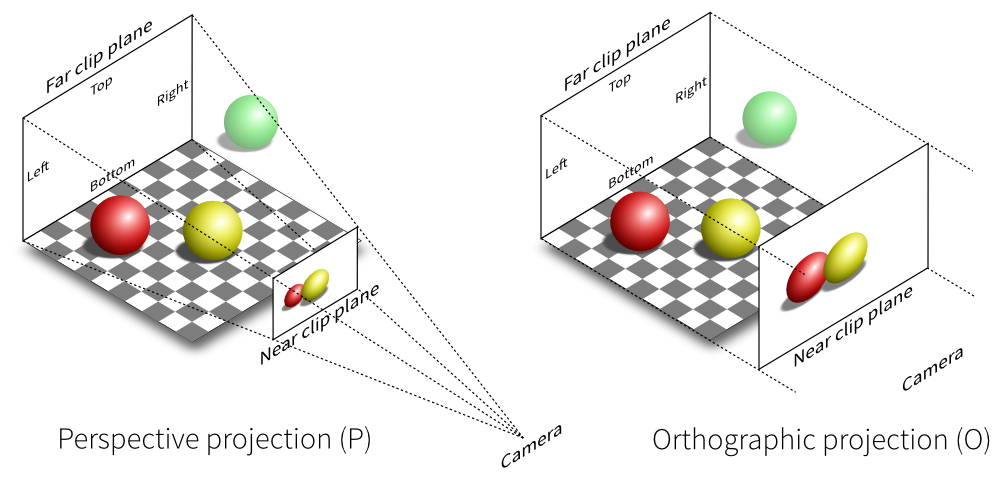1
2
3
4
5
6
7
8
9
10
11
12
13
14
15
16
17
18
19
20
21
22
23
24
25
26
27
28
29
30
31
32
33
34
35
36
37
38
39
40
41
42
43
44
45
46
47
48
49
50
51
52
53
54
55
56
57
58
59
60
61
62
63
64
65
66
67
68
69
70
71
72
73
74
75
76
77
78
79
80
81
82
83
84
85
86
87
88
89
90
91
92
93
94
95
96
97
98
99
100
101
102
103
104
105
106
107
108
109
110
111
112
113
114
115
116
117
118
119
120
121
122
123
124
125
126
127
128
129
130
131
132
133
134
135
136
137
138
139
140
141
142
143
144
145
146
147
148
149
150
151
152
153
154
155
156
157
158
159
| #include <bits/stdc++.h>
inline char read() {
const int iol = 1024 * 1024;
static char buf[iol], *ioh, *iot;
if (ioh == iot) {
iot = (ioh = buf) + fread(buf, 1, iol, stdin);
if (ioh == iot) return -1;
}
return *ioh++;
}
template<class T>
inline void read(T &x) {
static char ioc;
static bool iosig = 0;
for (iosig = 0, ioc = read(); !isdigit(ioc); ioc = read()) if (ioc == '-') iosig = 1;
for (x = 0; isdigit(ioc); ioc = read()) x = (x << 1) + (x << 3) + (ioc ^ '0');
if (iosig) x = -x;
}
template<class T, size_t size>
struct MemoryPool {
T buf[size], *tail, *st[size];
int top;
inline T *alloc() { return top ? st[--top] : tail++; }
inline void recycle(T *x) { st[top++] = x; }
MemoryPool() : top(0), tail(buf) {}
};
const int MAXN = 200100;
#define null NULL
template<class T, T INF>
struct Splay {
enum Relation { L = 0, R = 1 };
struct Node {
Node *child[2], *parent, **root;
T value, lazy;
int size, count;
inline void init(Node *parent, const T &value, Node **root) { this->parent = parent, this->value = value, this->root = root, this->count = this->size = 1, this->lazy = 0, child[L] = child[R] = null; }
inline Relation relation() { return this == parent->child[L] ? L : R; }
inline void recycle(MemoryPool<Node, MAXN> &pool) {
if (child[L]) pool.recycle(child[L]);
if (child[R]) pool.recycle(child[R]);
}
inline void update(const T &delta) {
if (this->value != INF && this->value != -INF) this->value += delta;
this->lazy += delta;
}
inline void pushDown() {
if (lazy) {
if (child[L]) child[L]->update(lazy);
if (child[R]) child[R]->update(lazy);
lazy = 0;
}
}
inline void maintain() { pushDown(), size = count + (child[L] ? child[L]->size : 0) + (child[R] ? child[R]->size : 0); }
inline void rotate() {
pushDown();
Relation x = relation();
Node *oldParent = parent;
if (oldParent->parent) oldParent->parent->child[oldParent->relation()] = this;
parent = oldParent->parent, oldParent->child[x] = child[x ^ 1];
if (child[x ^ 1]) child[x ^ 1]->parent = oldParent;
child[x ^ 1] = oldParent, oldParent->parent = this, oldParent->maintain(), maintain();
if (!parent) *root = this;
}
inline void splay(Node *targetParent = null) {
while (parent != targetParent) {
parent->pushDown(), pushDown();
if (parent->parent == targetParent) rotate();
else {
parent->parent->pushDown();
if (parent->relation() == relation()) parent->rotate(), rotate();
else rotate(), rotate();
}
}
}
inline Node *precursor() {
splay();
Node *v = child[L];
while (v->child[R]) v = v->child[R];
return v;
}
inline Node *successor() {
splay();
Node *v = child[R];
while (v->child[L]) v = v->child[L];
return v;
}
inline int rank() { return child[L] ? child[L]->size : 0; }
} *root;
MemoryPool<Node, MAXN> pool;
Splay() : root(null) { insert(INF), insert(-INF); }
inline Node *find(const T &value) {
Node *v = root;
while (v && value != v->value) v->pushDown(), v = (value < v->value ? v->child[L] : v->child[R]);
return v ? (v->splay(), v) : null;
}
inline Node *insert(const T &value) {
Node *v = find(value);
if (v) return v->count++, v->maintain(), v;
Node **target = &root, *parent = null;
while (*target) parent = *target, parent->pushDown(), parent->size++, target = (value < parent->value ? &parent->child[L] : &parent->child[R]);
return *target = pool.alloc(), (*target)->init(parent, value, &root), (*target)->splay(), root;
}
inline const T &select(int k) {
k++;
Node *v = root;
while (v->pushDown(), !(v->rank() < k && v->rank() + v->count >= k)) v = (k <= v->rank() ? v->child[L] : (k -= v->rank() + v->count, v->child[R]));
return v->splay(), v->value;
}
inline void erase(Node *l, Node *r) {
Node *pre = l->precursor(), *suc = r->successor();
pre->splay(), suc->splay(pre), suc->child[L]->recycle(pool);
pool.recycle(suc->child[L]), suc->child[L] = null, suc->maintain(), pre->maintain();
}
inline void erase(Node *v) { v->count > 1 ? v->count-- : erase(v, v); }
inline void erase(const T &l, const T &r) {
Node *vl = find(l), *vr = find(r);
if (!vl) vl = insert(l);
if (!vr) vr = insert(r);
erase(vl, vr);
}
inline void update(const T &value) { root->update(value); }
inline int rank(const T &value) {
Node *v = find(value);
if (v) return v->rank();
else {
v = insert(value);
const int ans = v->rank();
return erase(v), ans;
}
}
inline int size() { return root->size - 2; }
};
int n, min, deletedCount;
Splay<int, INT_MAX> splay;
inline bool isValid(const char c) { return c == 'I' || c == 'A' || c == 'S' || c == 'F'; }
int main() {
read(n), read(min);
for (register int i = 0; i < n; i++) {
char c;
register int k;
while (!isValid(c = read()));
read(k);
if (c == 'I') {
if (k >= min) splay.insert(k);
} else if (c == 'A') {
splay.update(k);
} else if (c == 'S') {
splay.update(-k);
register int oldSize = splay.size();
splay.erase(-INT_MAX + 1, min - 1);
deletedCount += oldSize - splay.size();
} else if (c == 'F') {
if (k < 1 || k > splay.size()) std::cout << "-1\n";
else std::cout << splay.select(splay.size() - k + 1) << "\n";
}
}
std::cout << deletedCount;
return 0;
}
|



